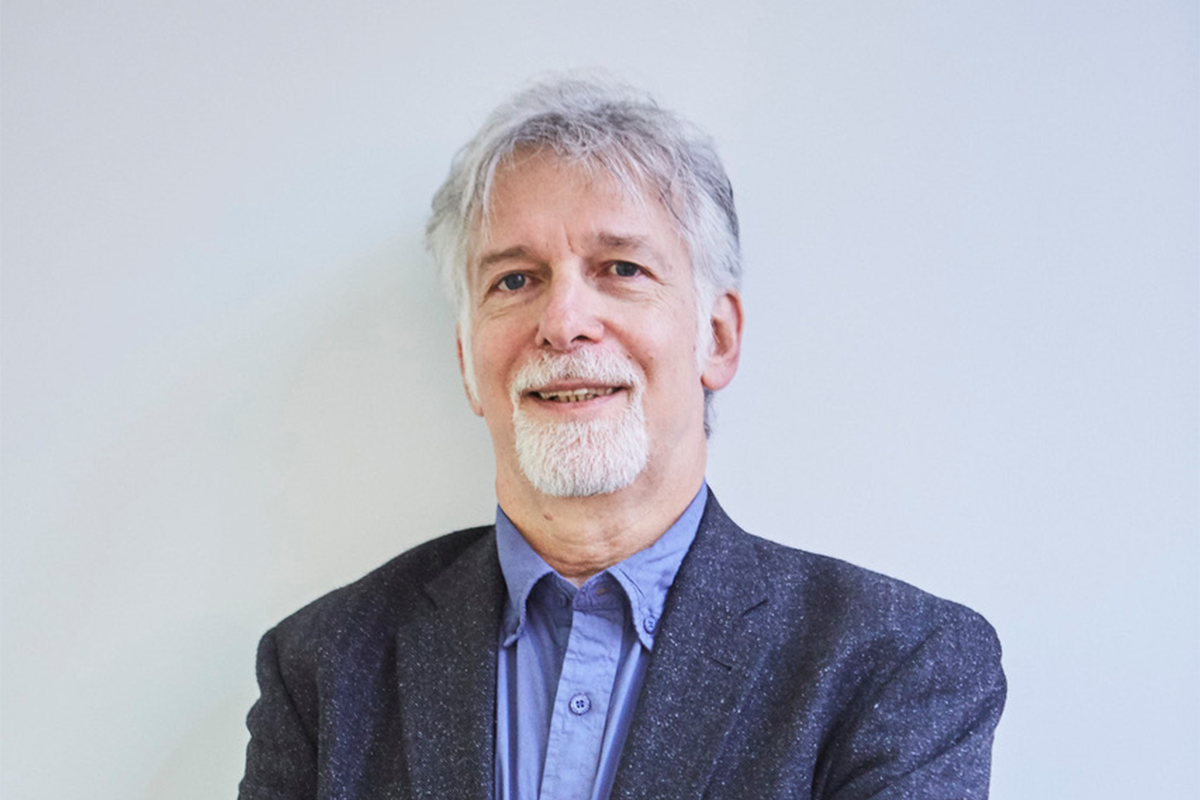Gabby Silberman: “Science should be better understood and appreciated in Barcelona”

Gabby Silberman is 68 years old, married, and has three children and four grandchildren. Born in Santiago de Chile, he has lived in Israel (Haifa), the United States (Buffalo, Pittsburgh, New York and Austin), Canada (Toronto) and, since 2017, in Barcelona. He is currently the Director General of the Barcelona Institute of Science and Technology (BIST), the leading multidisciplinary research institution that includes seven leading Catalan research centers—the CRG, IBEC, ICFO, ICIQ, ICN2, IFAE and IRB Barcelona, a community of more than 2,500 researchers and science professionals.
Why did you choose Barcelona?
I have a very long-standing relationship with the city, which began in 1995. At that time, I was working for IBM, and with the help of the company’s local branch I started several joint projects with the Polytechnic University of Catalonia (UPC) and the Barcelona Supercomputing Center (BSC-CNS), which enabled me to establish good relations with many people here. So several years later, when I was asked to direct the BIST, I was keen to accept. In a way, it was Barcelona that chose me.
What do you like about the city?
It is a very welcoming city. You can also get around easily on public transport and on foot; it’s great to be able move around the city without a car. Barcelona also offers a wide range of culture and people are very hospitable here.
What do you think could be improved? And how?
It’s important to regulate small vehicles like electric scooters. And I think mistakes have been made with street design recently. For example, cars now have only one single lane in Consell de Cent. This means there is more room for people, but the space has been filled with benches nobody uses and which are barriers for persons with reduced mobility when they need to take a taxi. There is also an urgent need for a solution to the problem of homelessness. It is shocking that a prosperous modern city cannot offer alternatives to people sleeping on the streets or in doorways.
What do you think will help the city to get over the Covid-19 crisis?
In recent years, Barcelona has demonstrated its ability to transfer science to the market in the form of innovative solutions, both in the field of health and in communications and services. Since 2019, for example, BIST centers have created 15 spin-offs, companies with tremendous potential that have attracted total investments of more than 50 million euros.
What challenges do you think the city will have to face when the Covid crisis is over?
A solution must be found to the high cost of housing, especially for young people. And like the rest of the planet, we need to do more for the environment: reduce energy consumption and carbon emissions, commit to clean energy, especially in industry and transport, and move towards a circular economy with intelligent management and a drastic reduction of waste. We should also be conscious that the Mediterranean is also in a critical state, posing many challenges for the large cities on its shores.
What are your hopes for Barcelona in the coming years?
I would like it to be a city in which science and technology are understood, appreciated, embraced, and valued by the entire population, not just by those in science as a profession. Informed citizens are in a position to make better decisions on critical issues. At BIST we are doing our bit by collaborating with the Generalitat and the Barcelona City Council in developing the Angeleta Ferrer high school. The school will be a benchmark for the teaching of STEAM disciplines and will implement new ways of teaching science and training teachers, enabling the new methodologies to reach all secondary schools in Catalonia.
Where do you feel most at home? What do you miss the most?
I make sure I feel at home wherever I am living. For me, my city is Barcelona right now. One thing I love is you can eat whatever food you fancy here, whether it’s Chilean, Israeli, or anything else… The only thing I really miss is the huge range of live music in Austin, where there are live performances everywhere: auditoria, bars, restaurants, the airport… You’re spoiled for choice at all times.
If you want to know the latest English news about Barcelona and the people who bring it to life, sign up to our Blog.








